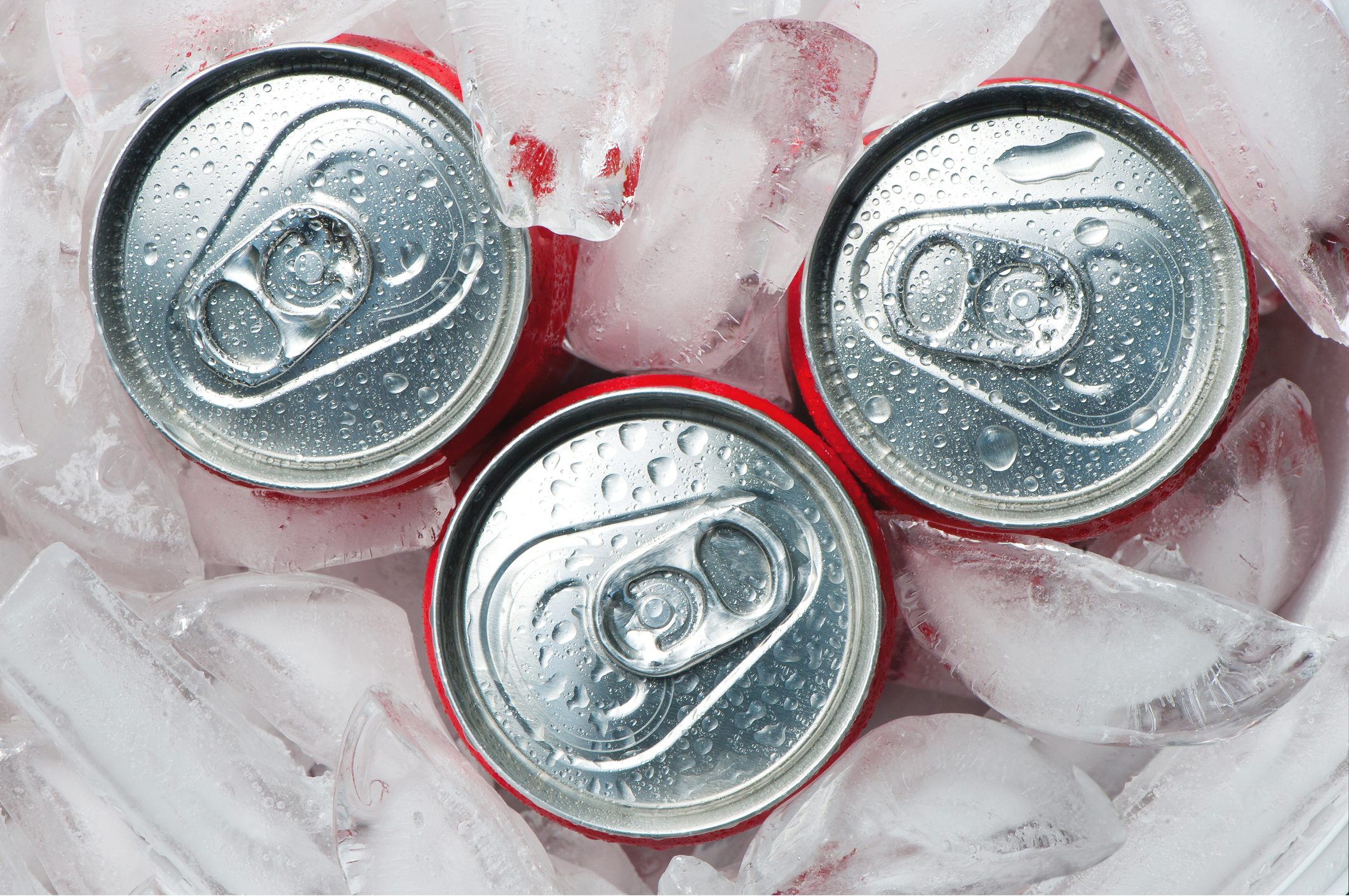It's a refresher, especially as the temps turn up—but 13,000 people will likely die from oral cancer in the United States this year alone.

Drinking This May Increase Your Risk of Oral Cancer, Finds New Study

Teeth can be a tell-tale sign of good health, continual research shows, including one recent study that found the number of teeth at a certain age can hint at an individual’s likelihood to live 100 years.
Indeed the mouth is a window into wellness: Nearly 60,000 Americans will be diagnosed with oral cancer this year, estimates the American Cancer Society, and 12,770 could see their lives shortened—and though it’s not too tough to diagnose, it can be difficult to diagnose early. The Cleveland Clinic states that many cases aren’t detected until the cancer has progressed to a late stage.
Dental exams can catch early symptoms, and quitting smoking is one way to minimize oral cancer risk. So, says a new study, is avoiding sugary drinks.

In March 2025, University of Washington otolaryngology doctors (specializing in research and treatment of the ear, nose and throat) released details of their study on the effects of high sugar-sweetened beverages on oral cavity cancer risk in women. (The Mayo Clinic says the term “oral cavity cancer” is synonymous with “oral cancer” or “mouth cancer” and can present on the lips, tongue, cheeks, gums, and both the roof and floor of the mouth.)
Published in the medical journal JAMA Otolaryngology – Head & Neck Surgery, the study focused on 162,602 women with an average age of 43 years and included smokers and nonsmokers. It analyzed 30 years of data collected by the Nurses’ Health Study (NHS), which investigated chronic disease risk factors in women’s health. Of the participants, 124 were diagnosed with oral cancer.
Researchers found that women who consumed at least one sugar-sweetened drink each day had 4.87 times the risk for oral cancer than those who drank fewer than one sugary beverage in a month.
When narrowed to non-smokers or light smokers, as well as nondrinkers or light drinkers, the risk was even greater—5.46 times so.
The researchers suggest this is more evidence that a regular sweet-drink vice can increase chances of cancer. “High sugar-sweetened beverage intake is associated with various gastrointestinal cancers,” they say, but its association with oral cancer hadn’t yet been explored. The research team told MedPage Today, “This study provides support for ongoing policy pertaining to limiting sugar intake to improve health and limit chronic disease in the general population.”
While this research is a step toward better understanding oral cancer risk factors, more studies, including those involving men, are necessary to confirm results.
The Cleveland Clinic notes that previous studies have found that soda—even diet soda—can increase your risk for diabetes, metabolic syndrome, and coronary vascular disease.
Try swapping that sweet afternoon pick-me-up out for sparkling water or lemon water, which some doctors recommend to cut down on kidney stone risk. And, as always, keep added sugar to a minimum.
For daily wellness updates, subscribe to The Healthy by Reader’s Digest newsletter and follow The Healthy on Facebook and Instagram. Keep reading:
- New Study: This Type of Meat May Increase Risk for Cancer of the Mouth
- “Here’s How I Knew I Had Throat Cancer”: One Patient’s Story After Symptoms Were Missed
- 30 Cancer Symptoms You Should Never Ignore
- Expert Doctors: This Hygiene Misstep Could Increase Your Risk of Head and Neck Cancer by 50%
- Bumps on the Roof of Your Mouth: Causes, Treatments, & When to Seek Help




















